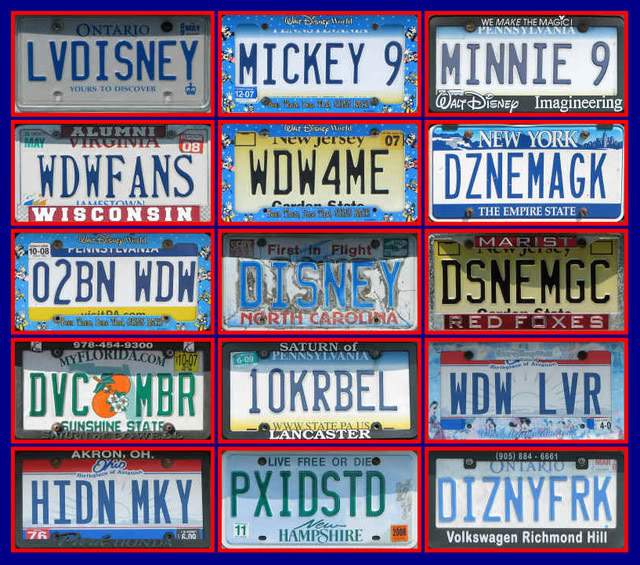
Buying or selling a vehicle? Involved in a hit and run accident where the other driver fled before providing information? Notice a suspicious driver outside you house? You’re legally able to look up license plate numbers in these situations. But with so many lookup options available, knowing how can be tough.
Is it Legal to Access License Plate Information?
There’s a lot of confusion over the license plate lookup process and the legality of running searches for private information. Depending on your reference, you’ll get conflicting opinions.
According to some motor vehicle agencies, accessing private information by searching plate number records is illegal, regardless of the circumstance. However, this is patently false. The Driver’s Privacy Protection Act of 1994 (DPPA) allows you to check the records of anyone you choose, so long as you have a valid reason for doing so.
The problem isn’t the legality of looking up license plate information. The issue is that most people don’t know how to do it properly. This leads to frustrating, inaccurate, and unreliable results.
Using “Free” License Plate Lookup Services
Let’s begin by taking a look at the “free” services you see advertised online. This is the wrong way to look up information and it’ll leave you with more questions than answers.
Most people start their search by conducting a basic Google query and clicking one of the first few search results. This takes them to a website that promises to provide information associated with a license plate number. The user conducts a quick search and then ends up on a page where they’re asked to subscribe and pay a fee in order to access the results.
The problem with these license plate lookup services is that they almost always rely on outdated information from old DMV databases. And since the results are behind a paywall, you can’t verify the accuracy of the results until after you’ve paid. It doesn’t matter if you only need information on one license plate, you’ll get stuck paying a subscription fee. (It’s their hope that you forget about the payment and continue to pay the same rate month after month.)
You also have to be careful with what information you provide these lookup services. While there are a few honest ones on the internet, many are run by unscrupulous individuals who are looking to turn a quick profit. Be wary of providing personal information to these sites as they could turn around and harvest your information for their own selfish gains.
The Only Legitimate Way to Conduct a License Plate Lookup
The good news is that there is a legitimate way to conduct a license plate lookup and get accurate results. It involves hiring a private investigator who, apart from law enforcement officers, is the only type of licensed professional who can legally access this information.
The easiest way to hire a licensed investigator is to use a license plate lookup service that’s run by a private investigator. You pay a small, one-time fee and don’t have to worry about confidentiality, subscription fees, or unreliable information.
While state laws vary, you can generally collect multiple key pieces of information in your license plate search. This may include the owner’s name and address, the VIN, plate, year, model, and make of the vehicle, and information on the lienholder. And because this information comes directly from the state DMV, the results are guaranteed to be both current and accurate.
Do Your Due Diligence
When it comes to looking up license plate information, you technically have options. However, if you do your research, you’ll discover that very few of these options are reliable and cost-effective. Make sure you do your due diligence and avoid working with individuals or services that can’t guarantee 100 percent accurate matches. A license plate lookup service backed by certified private investigators is the way to go.








